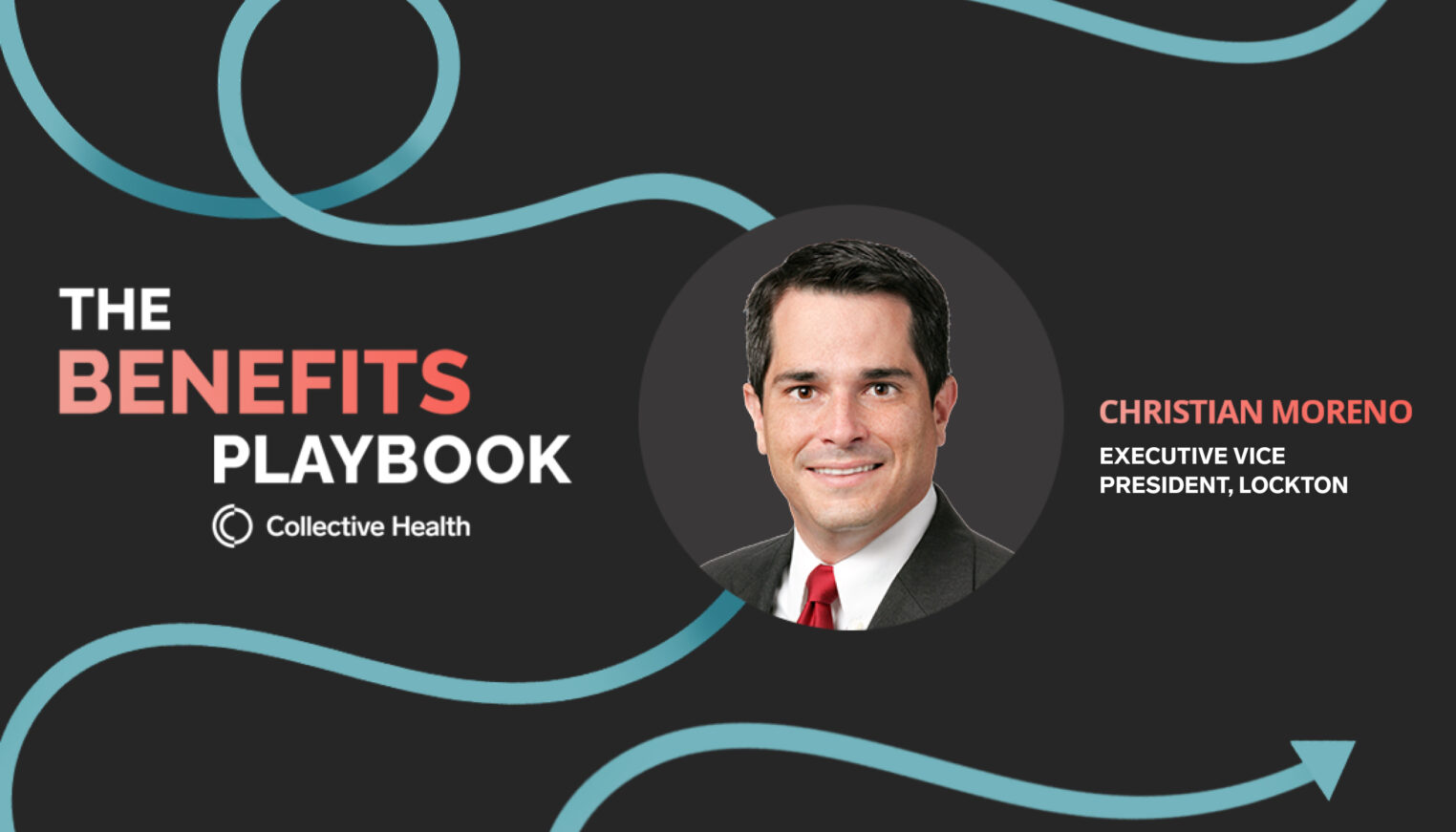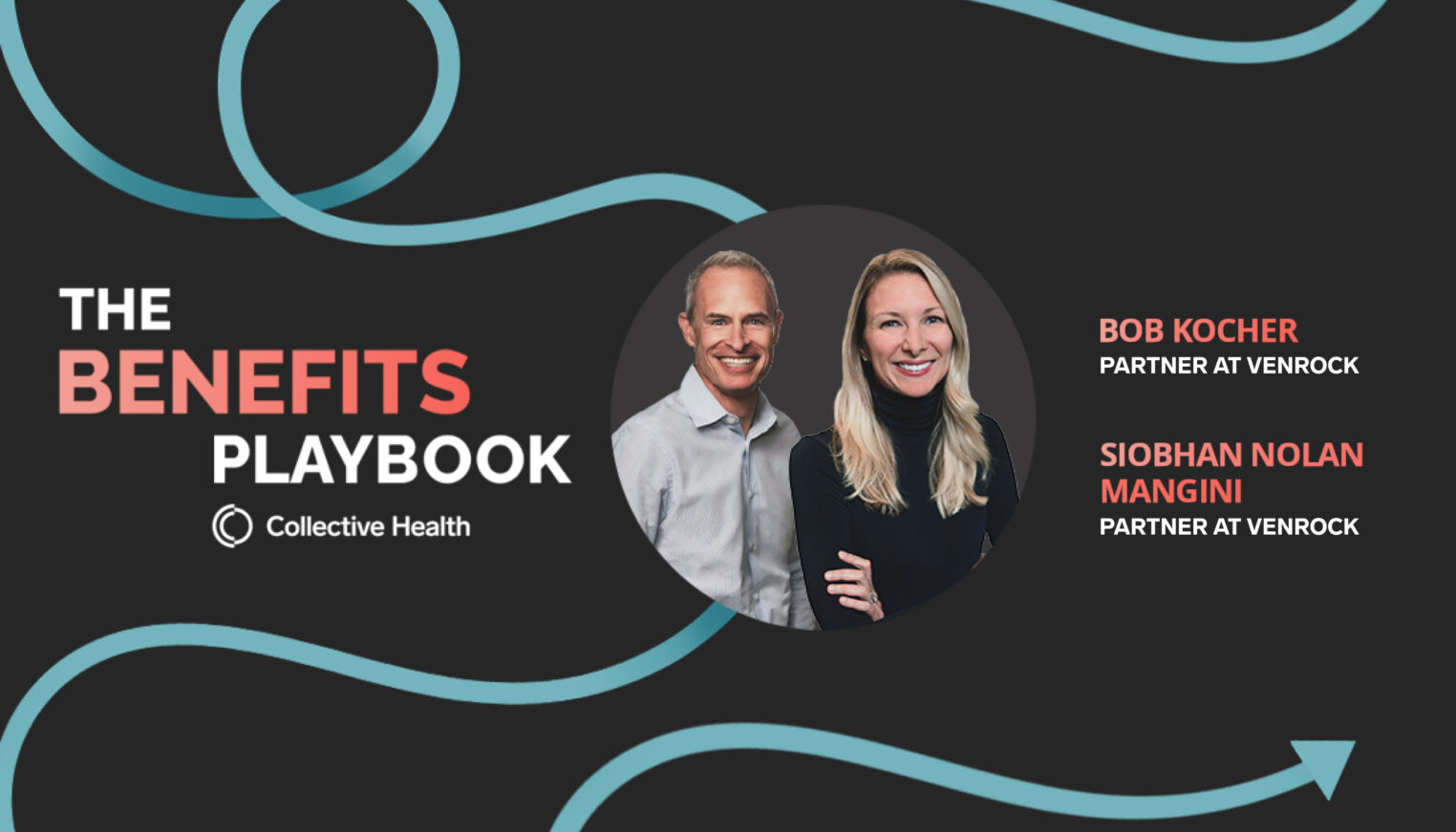In recent years, the need for a transformation in the expensive and disjointed U.S. healthcare system has become even more apparent. More than 50% of Americans are covered by employer-sponsored health benefits plans, which means changing the way employers deliver their health plans could be the first step towards building a system that works for them and their employees.
In this new report sponsored by Collective Health, the team at Harvard Business Review Analytic Services explores how integrated health benefits platforms aim to shake things up by making benefits plans easier to navigate for employers, the HR teams who administer the plans, and for the employees who use them.
For employers: benefits as a differentiator in a highly competitive market
The report walks readers through the shifting expectations of the modern workforce due to the “Great Reshuffle” following the Covid-19 pandemic. Now, it’s not enough to provide basic health plans—the most valuable employees are seeking robust benefits packages that address their overall mental and physical well-being and are willing to switch jobs to find them.
Attracting and retaining top talent will require employers to adopt a dynamic benefits strategy that meets employees where they are. “We want to make sure that we are ‘walking the walk’ when it comes to modernizing health care benefits for our own employees,” says Lauren Gottlieb, senior director of HR at EHE Health.
Other key insights from the report include:
- How employers are moving away from one-size-fits-all health plans
- What’s driving the rising demand for mental health care, including coaching, counseling, and therapy
- How integrated health benefits platforms allow employers to mix-and-match vendors and services to build a competitive benefits package
For the HR professionals who administer the plans: saving time by streamlining administrative work
The report also dives into how using an integrated health benefits platform in conjunction with a self-funded medical plan can simplify tedious administrative work for HR teams. In a time when many HR teams are stretched thin, making their jobs easier could be the difference in getting the most out of the company’s benefits packages.
“We now have much faster, more direct channels of communication, including phone, email, or chat. Whether we are dealing with eligibility or enrollment or payments, it’s all done correctly and accurately, which definitely puts less stress on my team,” says Johnny Chang, director of benefits for Rivian Automotive.
Other key insights from the report include:
- How data and reporting provided by integrated health benefits platforms help benefits teams calculate ROI more accurately
- Why some benefits teams save an average of 20 hours of work per week compared to working with other Third Party Administrators (TPAs)
- How integrated health benefits platforms help benefits professionals administer plans, manage costs, and seamlessly provide employee services
For employees and their families: getting the most out of their benefits
According to the team at Harvard Business Review Analytics Services, the best health plans are not only convenient for the benefits teams, but move the workforce toward healthier, and more productive lives.
“It’s not enough to just put the right programs in place—you also have to optimize the experience,” says Milt Ezzard, vice president of global benefits at Activision Blizzard.
Other key insights from the report include:
- Why some integrated health benefits platforms are providing access to member advocates, who can help members navigate their benefits, explain the value of different offerings, and answer questions
- How personalization can improve the success of employer-led health and wellness campaigns
Download the full report today to learn more about integrated health benefits platforms and how they can simplify the complex U.S. healthcare system for you and your employees.



